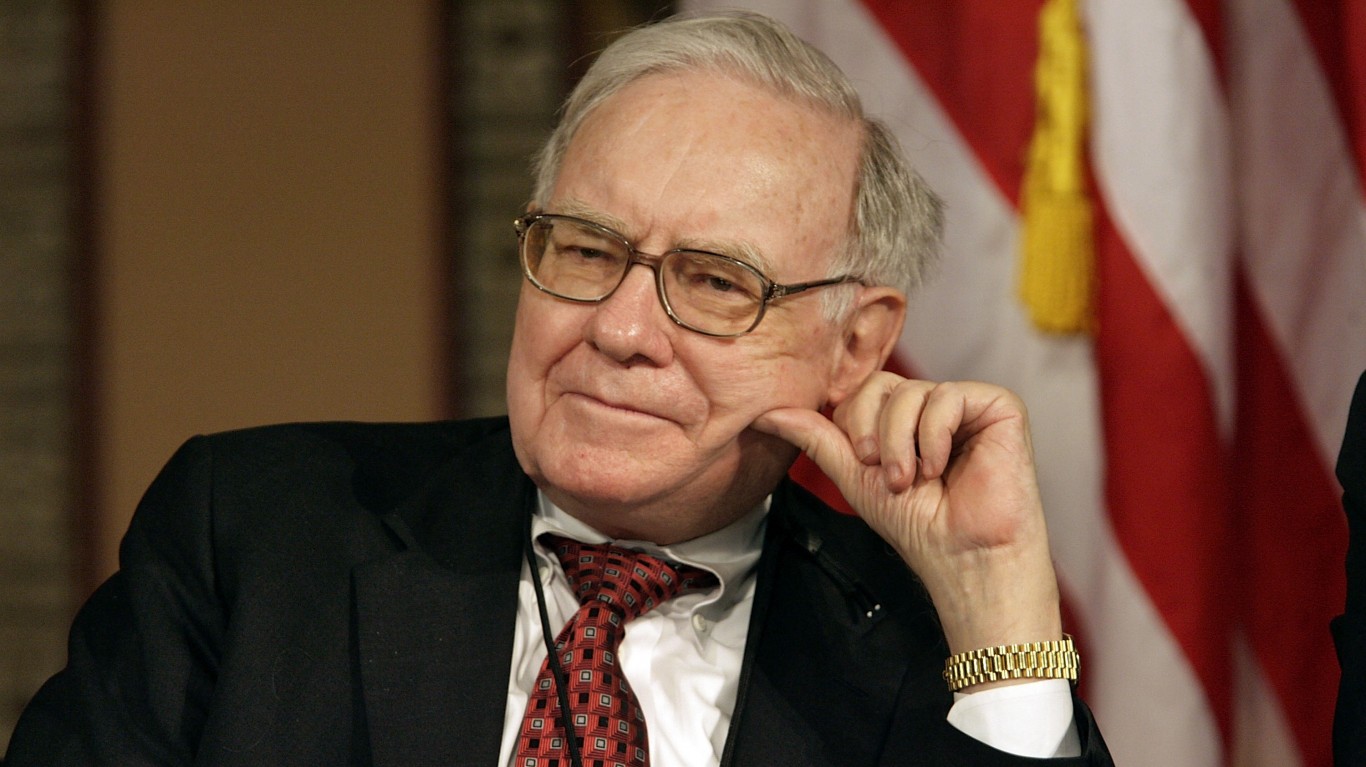
On Friday, March 31, the cryptocurrency exchange Bittrex announced it will be leaving the United States at the end of the next month. In the press release, the company claims that the current regulatory landscape in the country is the primary reason behind the decision. Another digital assets firm, Nexo, reached the same decision late last year and gave the same reason.
Bittrex Closing Shop in the US At the End of Next Month
This Friday, the cryptocurrency exchange Bittrex revealed it will be winding down its US operations at the end of April. The company gave the current state of digital asset regulation in the country as the main reason for the departure. The company’s CEO, Richie Lai, also accused American policy makes of disinterest in the future enhancement of the country’s economy and added that they have shown a lack of willingness to foster “sensible policies”
The sad reality is that while policymakers and regulators in jurisdictions around the world work with digital asset exchanges on shaping the future of the global economy, their U.S. counterparts are seemingly committed to extinguishing the industry and sending it overseas. We are truly grateful for the support of our U.S. customers and team during the last nine years. My co-founders and I remain committed to growing Bittrex Global, which operates and services customers outside the U.S. only, providing its customers across the world with the safest, most secure, and most compliant exchange on the market.
In his statement, Lai also highlighted that all user funds are safe and available for withdrawal until April 30th. He also confirmed BIttrex’s commitment to continue operating with a focus on compliance and security outside the US. Bittrex has been operating in America for nine years.
Late in 2022, another cryptocurrency exchange, the UK-based Nexo, made a similar announcement. At the time, Nexo stated they would be winding down US operations over the coming months, and also stated that the regulatory uncertainty is the main driver for the decision to leave.
Are US Regulators Driving Cryptocurrency Companies Out of the Country?
While US regulators have been cracking down on digital assets for years, recent months have shown to be particularly tense. In the span of just a few days in February, both state and federal agencies have targeted both stablecoins and crypto staking. First, the NYDFS ordered Paxos to stop minting its Binance-branded coin and, soon after, the company revealed it had received a Wells notice from the SEC alleging that BUSD is a security.
Around the same time, the SEC revealed it had reached a $30 million settlement with the cryptocurrency exchange Kraken compelling it to end its crypto staking service. Coinbase’s CEO Brian Armstrong also hinted that the Commission may be moving to ban staking as a whole.
While the events were followed by a period of calm, the SEC struck again on March 22nd by sending a Wells notice—a warning of a likely enforcement action—to Coinbase. Binance, the world’s largest cryptocurrency exchange by trading volume, also wasn’t spared and has been sued by the CFTC.
The atmosphere has led many to believe there is a coordinated effort by the government to ban digital assets in the United States. The danger that the aggressive approach will cause the US to lose its innovative edge has been widely discussed at the first-ever hearing of the Subcommittee on Digital Assets. Furthermore, after receiving the Wells notice, Coinbase has started actively warning that regulators may ultimately drive digital assets out of America.
This article originally appeared on The Tokenist
“The Next NVIDIA” Could Change Your Life
If you missed out on NVIDIA’s historic run, your chance to see life-changing profits from AI isn’t over.
The 24/7 Wall Street Analyst who first called NVIDIA’s AI-fueled rise in 2009 just published a brand-new research report named “The Next NVIDIA.”
Click here to download your FREE copy.
Thank you for reading! Have some feedback for us?
Contact the 24/7 Wall St. editorial team.



